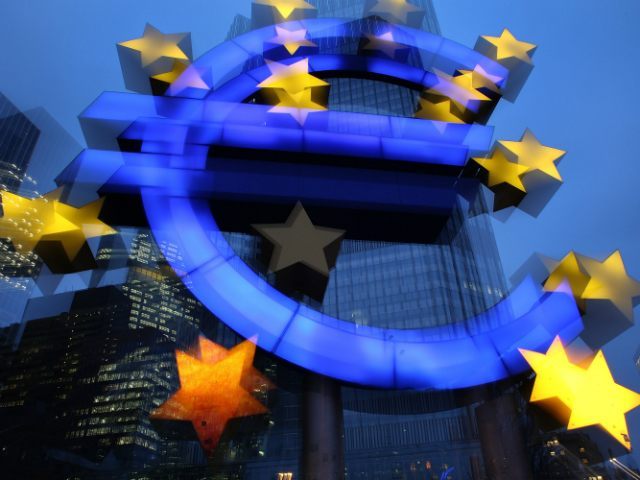The European Central Bank has become too powerful, but largely because politicians have foisted an increasingly political role onto it, one of the German government’s key economic advisors said in a newspaper interview Sunday.
“The ECB has gained enormous power, even though it is not answerable to any parliamentary control. I take a critical view of this,” Isabel Schnabel told the Sunday newspaper Frankfurter Allgemeine Sonntagszeitung.
Asked whether the ECB had become too powerful, she replied: “I think so.”
The ECB “has also come more political. But that’s because politicians have frequently failed to act and thereby forced the ECB to do so,” she continued.
“The central bank has become a quasi-political institution. It’s important that we move away from this.”
Schnabel is a member of the German government’s panel of economic experts that used to be known as the “Five Wise Men” until women joined it.
Schnabel, who was appointed to the panel in June 2014, defended the ECB against the criticism it has recently come in for in Germany for its policy of ultra low interest rates.
“Low interest rates are primarily an after-effect of the financial crisis,” she argued.
“And the ECB isn’t the only (body) that influences rates,” Schnabel said, pointing to long-term macro-economic trends such as the ageing population.
German politicians have recently raised hackles at the ECB by attacking the historically low level of interest rates, saying they hurt German savers and undermined banks’ profitability.
“As long as the ECB is acting within its mandate, it is not for politicians to interfere,” Schnabel said.
“What also worries me is that the aim of this criticism was to politicise the ECB even more. Calls for Germany to be given greater voting weight (on the ECB’s governing council) and to have greater direct influence on the ECB go in precisely the wrong direction,” the expert said.
“We need an independent central bank.”
In a bid to drive stubbornly low inflation in the euro area back up to levels that are more conducive to healthy economic growth, the ECB has slashed its key interest rates to zero and rolled out a whole range of exceptional monetary policy measures to pump liquidity into the financial system and kickstart lending.

COMMENTS
Please let us know if you're having issues with commenting.